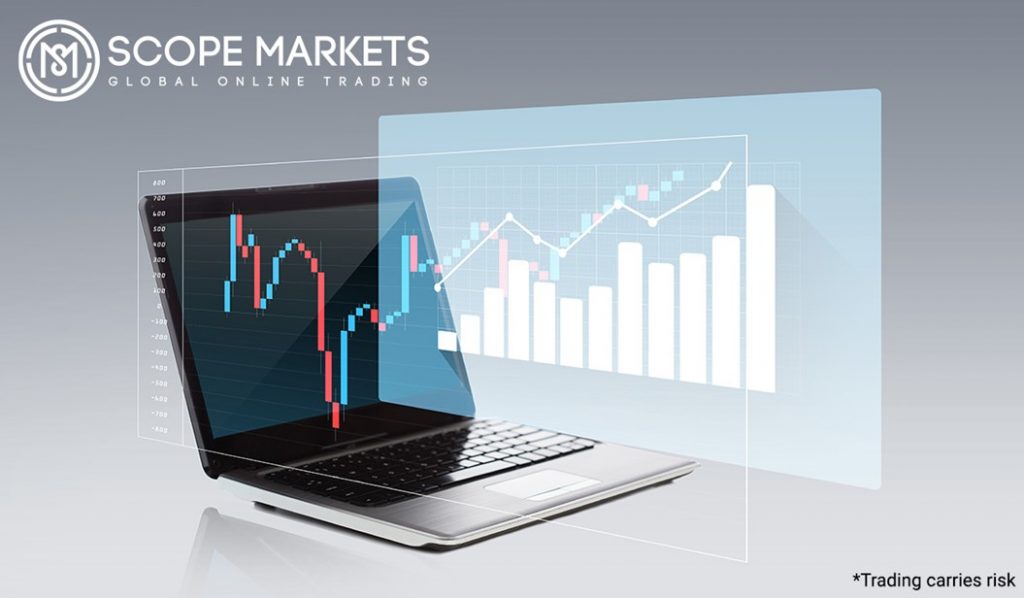Technical vs Fundamental Analysis – Which of These 2 Is Better?

Table of Content
Technical vs fundamental analysis represents two distinct research forms, which assist investors in making the best investment choice. They urge investors to decide even if to hold, buy or sell a stock or commodity or any kind of asset that is generally traded in a controlled market. But both the analysis methods are diverse in the sense of approach, theories, and applicability.
The fact is that both technical vs fundamental analysis have their importance. Technical vs fundamental analysis – which is better for you relies on your targets and risk threshold.
Technical vs fundamental analysis – how to know which is better?
If you are a novice investor, then fundamental analysis is very simpler to learn. This kind of analysis depends on how much cash an organization has, how much cash it generates, and its supervision team, rational property, and goods. Actually, fundamental analysis depends on the well-being of the organization you think to invest in.
Technical analysis is generally based on the idea that change in the market has a tendency to replicate itself in different patterns. By considering signals from shares’ previous performance, stockholders can forecast what will occur in the prospect — at least, that is the concept. Technical analysts consider patterns in stock graphs that give particular points of entry and exit.
The difference between technical vs fundamental analysis

An important difference between the two analysis methods is what identifies a stock’s price and worth. Fundamental analysis considers the value of a specific company. This finally relies on the worth of its assets and the earnings it can produce. Fundamental investigators are generally involved with the distinction between a stock’s worth and the cost at which it’s trading.
Technical analysis is generally related to price performance, which provides signs on the demand and supply dynamics of shares – this is what finally identifies the share cost. Patterns usually replicate themselves as investors oftentimes work similarly in similar conditions. Thus, technical analysis is usually associated with price and volume data apart.
Deciding between technical vs fundamental analysis
Deciding technical vs fundamental analysis – which is better actually relies on your aims and risk management.
Fundamental analysis – who should use it?

Fundamental analysis considers an investment possibility from a long-term prospect and is most suitable for investors with low-risk strategies. If you have any interest in fundamental strategy, then you are much more interested in buying stocks and keeping them for an extended time period in an attempt to safeguard continued growth apart from buying and selling, usually in expectations of a fast profit.
An experienced trader or analyst is eager to do many hours of study to review a sole investment possibility. It becomes helpful when he decided to buys stocks and see a good return on his investments.
Fundamental analysis of E-mini-S&P 500 Futures
The ES (E-mini S&P) agreement’s fundamental analysis can be usually done by considering expected forward profits for the 500 shares that produce the S&P500 index. Share costs are generally based on the income of an organization. Prices of stocks must grow if the organization is expanding and revenue and profit are growing. If income and profit are reducing, the stock prices will decrease, showing this reduction in income. Price is also reliant on expected earnings. If expected earnings are foreseen to increase because of possibilities, the present stock price can grow to show this expected economic growth.
The S&P500 (Standards and Poors’) index is usually created by considering the cost of 500 shares. The cost of each share has an impact on the whole index. Each share adds to the index depending on the extent of its market cap. If comprehensive stocks are in a complete cycle and income grows over the market, then the index price should go up.
Say, a trader may think that future income would actually be more than what is currently getting valued via the index. If the trader is right and income grows more in the prospect than hoped, then the ES agreement must increase in price. The trader in this instance would wish to own settlements in the S&P 500 futures agreement to avail of this potential growth.
Technical analysis – who should use it?

Technical analysis is very well used by experienced investors with an incredible capacity to understand stock charts and fast check signs that describe them to buy or sell.
The technical trader must also have an increased desire for risk. The truth is that there is no equation or algorithm that is completely correct in foretelling market activity. If it’s there, and whomsoever had it will have the code to immense wealth. Losses are a frequent phenomenon in the niche of technical trading.
There is a constraining reason that technical tradesmen are eager to take that chance: getting breakouts and crossovers can be very profitable. Pursuing these technical signs, it is not unusual for a stock to move by two or even three-digit ratios. Thus, with increased risk comes the possibility of unbelievable rewards.
Technical analysis of Crude Oil futures
The best example for technical analysis is the crude oil market. A technical interpreter may consider that there is powerful resistance at $100 for each barrel of oil. Every time the price has approached that level, it is generally followed by reducing the price. Price has not been capable of moving by $100 as buyers cannot make adequate demand to own at that cost and over to push the sellers out of the path.
Proceeding with the same instance but from the fundamental point of view. The fundamental tradesman may have examined the production prices of diverse yielders and understood that at approximately $100 for each barrel, various oil yielders would once more work up wells with increased production prices that were not running when crude oil was lesser growing supply and reducing price. Crude oil involves a variety of removal charges, some wells may be inexpensive, under $40, and others may not be inexpensive until crude oil goes to $60 or over.
How to use technical vs fundamental analysis together?

There are many methods by which investors can use technical vs fundamental analysis with each other. Moreover, you would know very well which is better – technical vs fundamental analysis.
Below are some of the methods you can mix both the analysis with each other:
- Only by considering a price chart you can get an idea of the trend direction. This would provide you with a view of even if the market corresponds with your estimate or not. You must have a strong view when going next to the crowd. Also, be ready to move out fast if a share is publicly owned and the basics vary.
- You can create a watchlist of shares you are ready to buy based on the fundamental study. After that, you can use technical analysis to know whether to buy them or not.
- Quantitative research has observed that a mix of value and impulse can be a successful stock selection process. In reality, trading stocks on reduced costs but with powerful impulse tend to exceed.
- Technical study or analysis can be generally used to know desirable entry points for growth shares in a rising trend. Organizations that include higher growth rates and generally trade on higher costs usually undergo huge improvements. In these conditions, the technical study can be then employed to check oversold points. These are usually the best chances investors would always get to own growth shares.
- Stocks can be usually traded high. Later they become overrated. Trading or selling a stock only due to it is costly often signifies dropping out on a big ratio of a rally. By employing cost and amount trends, you may hold the share until the momentum gets weakened.
- If a share is trading near its good value, it is sensible for the price to combine or trade-in its limit. Whereas the fundamental idea stays the same, you may use technical approaches to trade to the extent.
- The fundamental study can be oftentimes used to know which elements of business succession are most valuable for an organization. Technical analysis can be then employed to verify expected trends.
Summary – technical vs fundamental analysis – which is better?
Now, you have understood about technical vs fundamental analysis – which is better. If you invest a sum in an unknown organization, fundamental analysis is all you get ready to perform with. But, when we talk about listed shares, many things can be generally learned from their trading antiquity. The cost of tradable contracts is also influenced by many prime fundamentals. For these causes, technical analysis involves a value.
But, the long-term shareholders or investors must have an idea of a company’s value. This is essential when selecting shares to continue for the long-term, maintain portfolio prospect, and understand when to leave long price changes. The discussion on the 2 methods of analysis may turn out irrelevant as many methods can be generally mixed with quantitative and methodical ways to invest.
https://www.moneycrashers.com/fundamental-vs-technical-analysis-better-investing/
https://catanacapital.com/blog/fundamental-vs-technical-analysis-beginners-guide/
Disclaimer: This material is a marketing communication and shall not in any case be construed as an investment advice, investment recommendation or presentation of an investment strategy. The marketing communication is prepared without taking into consideration the individual investors personal circumstances, investment experience or current financial situation. Any information contained therein in regardsto past performance or future forecasts does not constitute a reliable indicator of future performance, as circumstances may change over time. Scope Markets shall not accept any responsibility for any losses of investors due to the use and the content of the abovementioned information. Please note that forex trading and trading in other leveraged products involves a significant level of risk and is not suitable for all investors.







